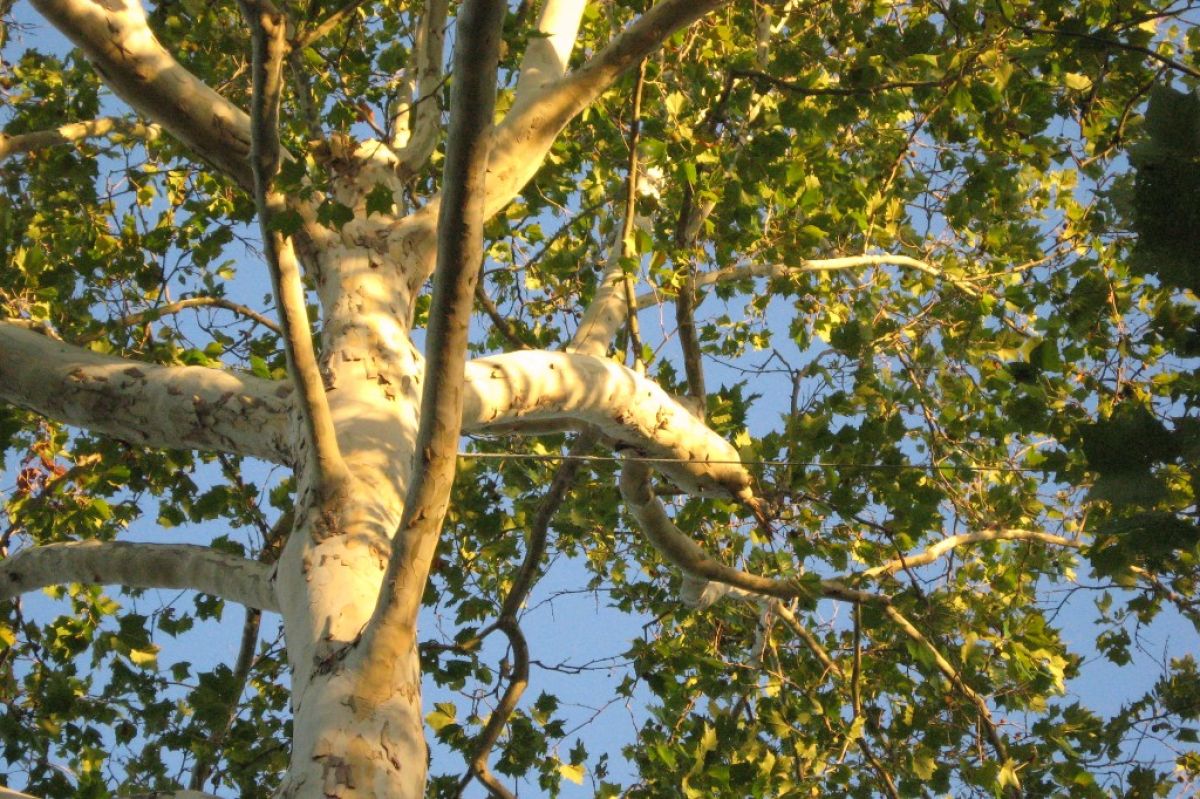"Ladies and gentlemen, ghosts and children of the state,
I am here because i could never get the hang of Time."
- Terrance Hayes
Alex Chambers teaches audio storytelling at the IU Media School and is an organizing fellow with We Own It, where he is working to re-energize democratic participation in rural electric co-ops. His poetry book, Binding: A Preparation, was released by Pickpocket Books and Ledge Mule Press in 2019. His next book project is based on his dissertation, Climate Violence and the Poetics of Refuge.
Welcome to The Poets Weave. I'm Romayne Rubinas Dorsey. Alex, what have you brought for us?
The Sandhill Cranes
fall into your ear once winter’s arrived and empty.
The two things it offers are darkness and gravity:
when you finally learn to rest, your body locates the tug
of matter, light or dark, no matter how you’ve plugged
your ears to its call.
This is January, devoid of all
but time—until the cranes’ stratospheric reverb threads through a chink
in the window, while you stand at the mess of your sink,
a plate in the air dripping with grime-flecked soap,
stopped by the hint
of an event
somewhere in the cold of hope,
and you think to yourself, skirting catastrophe,
they’ve finally left the Kankakee.
After the Chicken, Before the Peach
When the chicken died
it hardened quick,
the rigor new to me, honey.
The lick of the mortal—
it had mostly seemed
a distant trick when
grandfathers quietly ceased.
The air shrieks
at dawn’s bare light.
It’s the raccoon in the coop.
You’ve got a dead
hen on your hands,
stiffened foot, blood
on the wood and the beak,
and you have to grasp it,
‘cause there’s life
in the coop but a body’s
blocking the door
and the hens might feast,
you’ve heard, on their
feathery sister’s
soulless meat. We
were close enough I called
her grandma and we
went to see her—the body,
I mean—and bought take-out
for my wife’s mom’s dad.
In the long sudden
pause before the men
folded away the remnants
of her breath,
everyone hugged her
body goodbye but me.
Not sure why.
Maybe something
in my thought of the cold.
The hen, anyway,
happened later, her soul
departed in the teeth
of a shadow groping
over a half-hooked
wire fence. We dug
a hole, but the saplings
(peach, cherry, apple)
weren’t yet ready, so after
I lifted her by her wooden foot
and tossed her in,
we dropped a limestone
block on top to stop
the raccoons, coyotes,
or whatever interested
four-leggers might rummage
down for a taste.
After six days of flies,
before lowering
the trees, we lifted away
the grave so the roots
would reach the body,
our breaths held
against the smell.
Well. You can guess
how the dead,
whether accidental
or long-expected,
when you take them up
in your unafraid and fearful
hands, cut the sod
and place them somewhere
almost plenty deep,
feed the trees.
You can guess
which tree, my peach,
shot up stalky and green
within weeks. Whose
story am I here to tell?
Hard to say. I meant
for us to taste the garden’s
sugar, trace our tongues
down to its pit, but the fruit,
it’s years away, probably
grubby, and however we
fall, whatever we feed,
the spirit hovers home
to hold the frenzied swarm aloft.
Among Deciduous Hardwoods
In the hermeneutics
of rain
you are already
enough. Also in
the theology
of sycamores,
if that’s what
you call their
flaking toward
an impure pallor,
also there, in their
reaching up
to the low clouds
and deep,
already, you
are enough.







